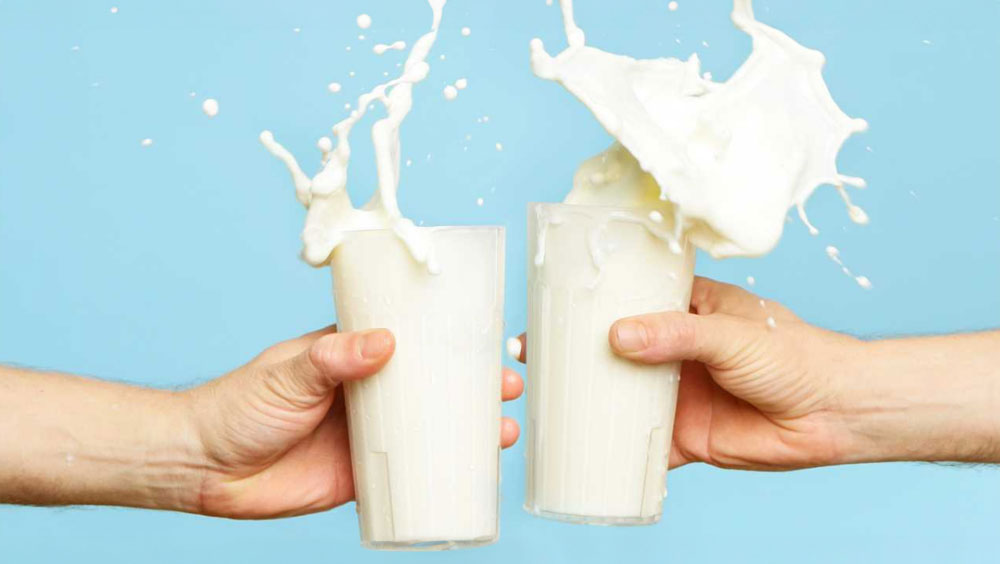Heartburn is a common issue that affects millions of people worldwide. It occurs when stomach acid flows back into the esophagus, causing a burning sensation in the chest. While over-the-counter medications offer quick relief, many people turn to home remedies for more natural solutions. One popular question that arises is: Does milk help heartburn? This article explores how milk affects acid reflux and whether it's an effective remedy.
Understanding Heartburn And Its Causes
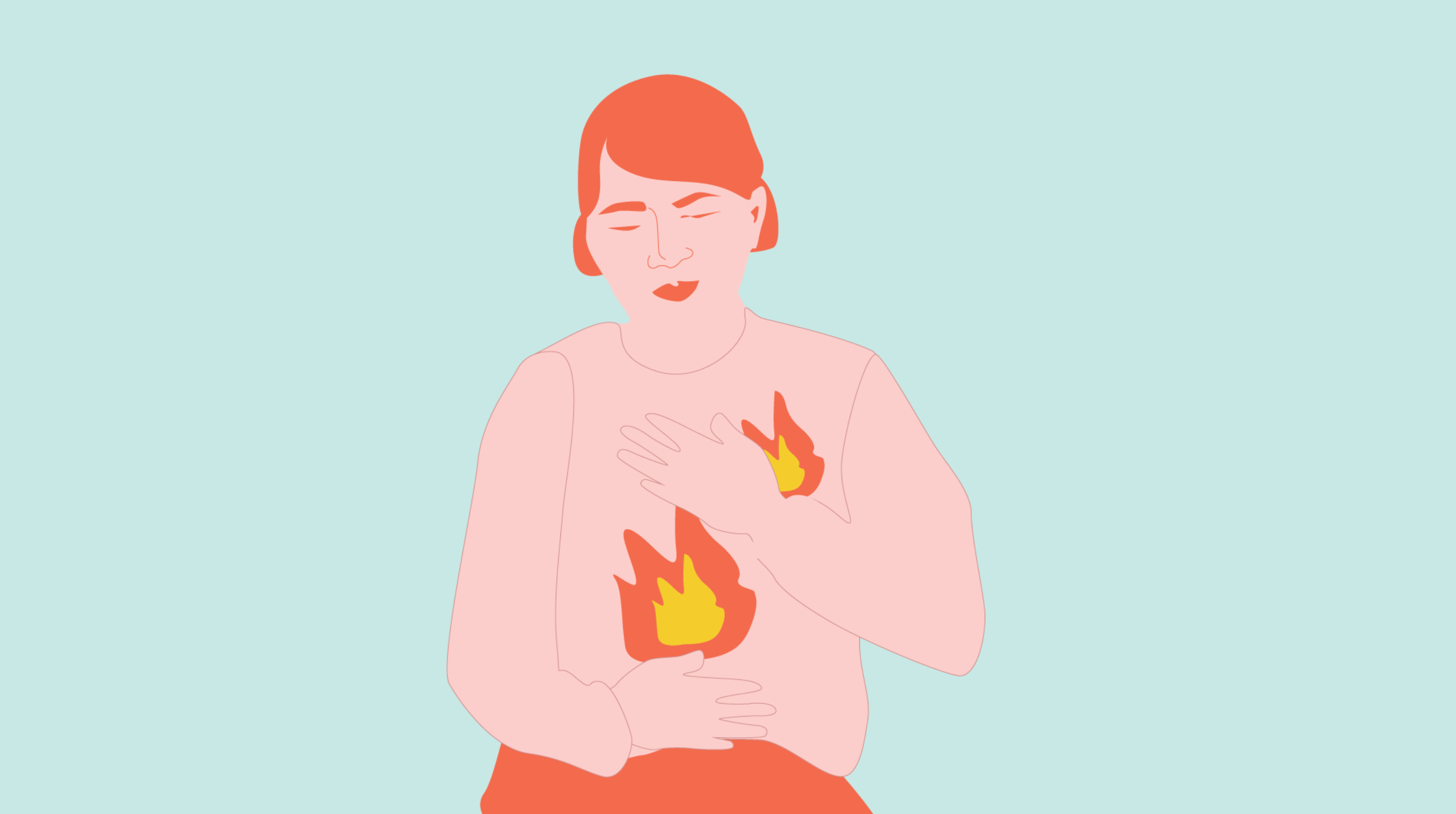
Before exploring whether milk can help with heartburn, it's essential to understand what heartburn is. Heartburn is a symptom of acid reflux, where stomach acid moves up into the esophagus due to the weakening of the lower esophageal sphincter (LES). This results in a burning sensation in the chest, especially after meals, lying down, or consuming specific trigger foods. Common triggers include spicy foods, caffeine, alcohol, and high-fat meals.
The Role Of Milk In Soothing Heartburn
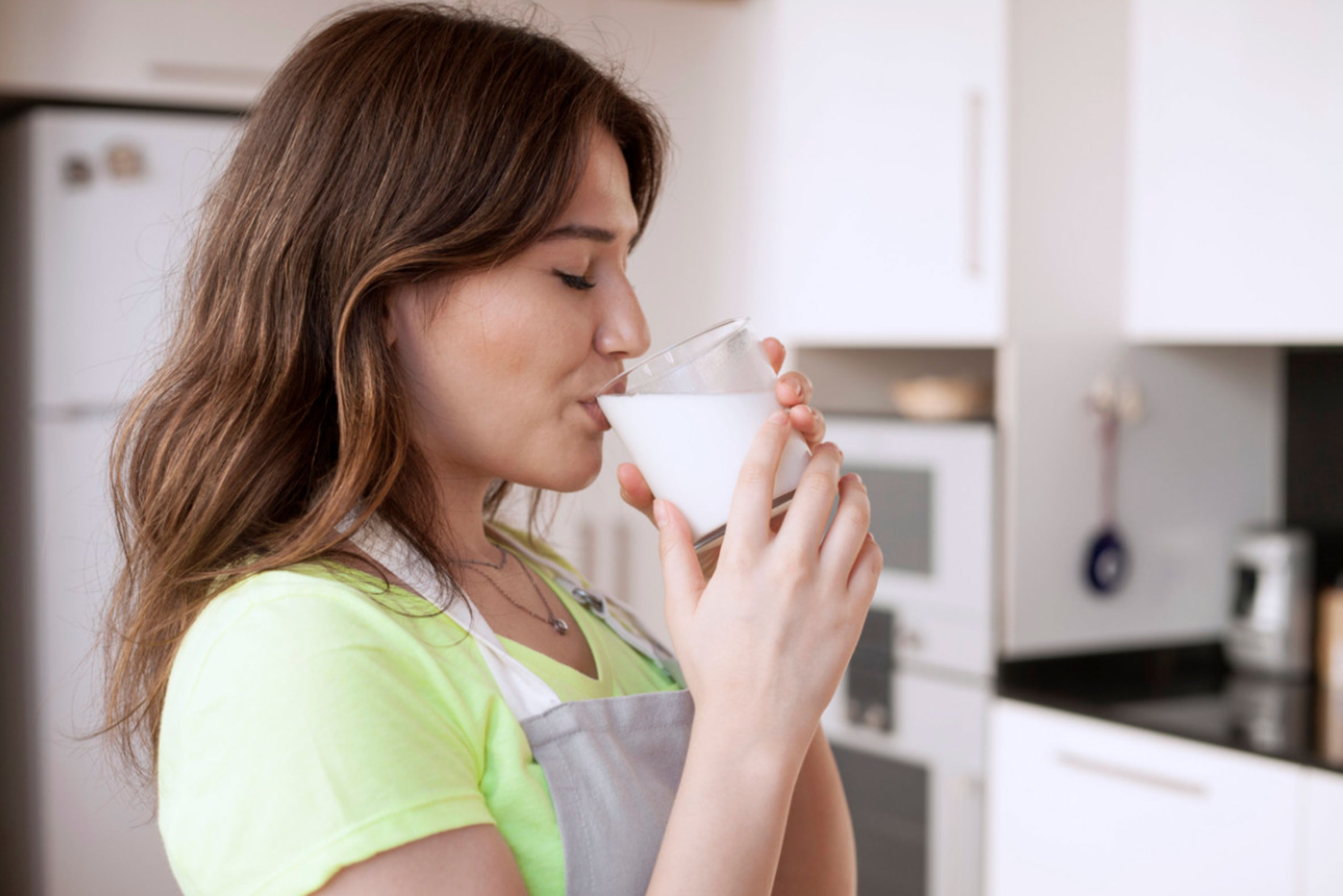
The question 'Does Milk Help Heartburn?' often gets mixed answers. Milk is known for its soothing texture and cooling effect, which can temporarily neutralize stomach acid. Full-fat milk can initially coat the stomach lining and esophagus, offering short-term relief from heartburn symptoms. However, this relief may be temporary, as the fat content in whole milk can stimulate acid production, potentially worsening symptoms later on.
Different Types Of Milk And Their Effects
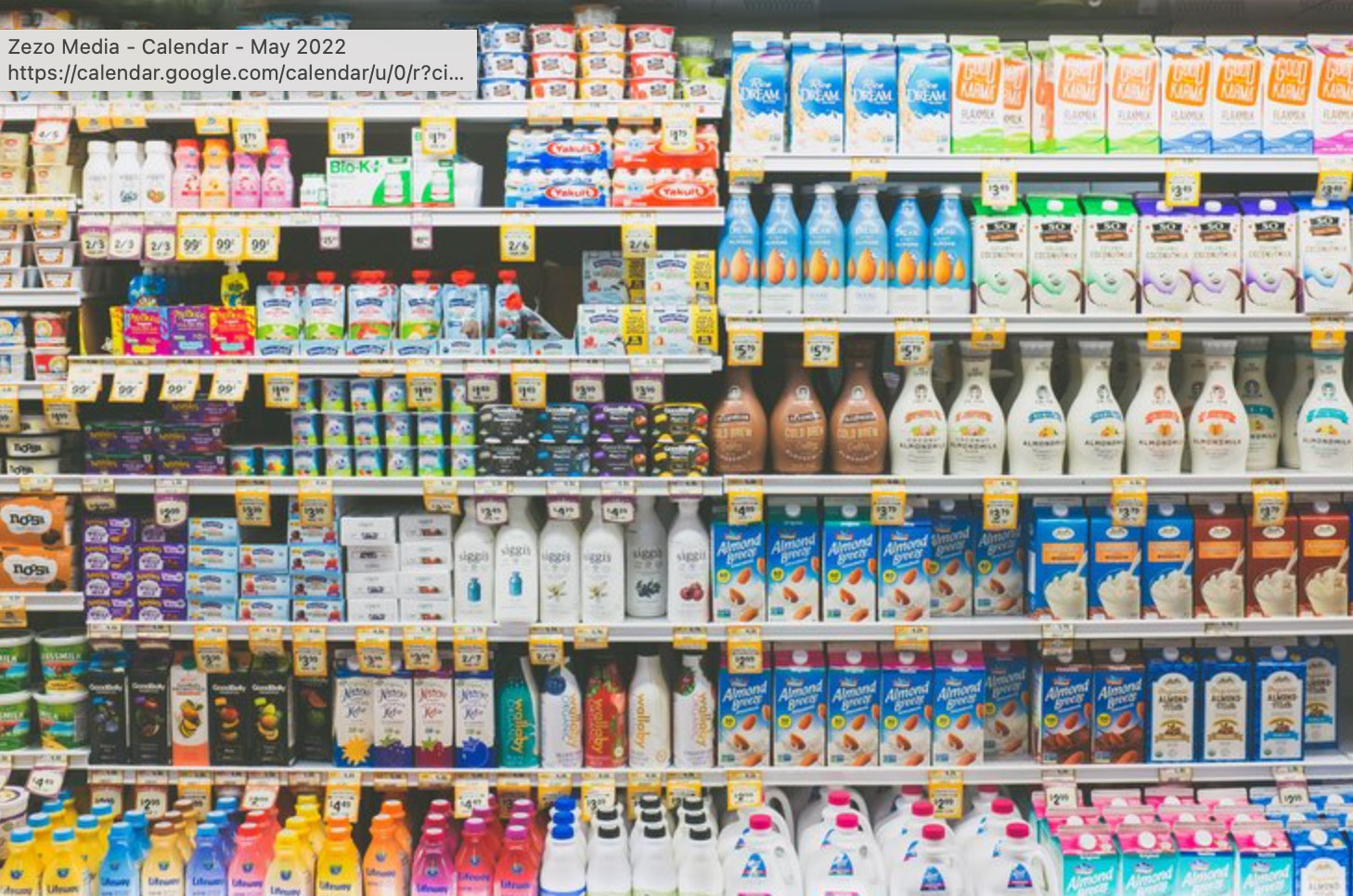
Not all milk types impact heartburn the same way. Skim or low-fat milk is typically considered a better option for acid reflux sufferers. These milk types provide the soothing benefits without the high fat that can exacerbate heartburn. Plant-based milks like almond milk and oat milk, which are lower in fat and often alkaline, may also help reduce acidity and provide relief.
Does Cold Milk Provide Immediate Relief?

Some people find that drinking cold milk provides quick relief from heartburn symptoms. The cold temperature can calm the burning sensation in the esophagus, while the milk offers a temporary barrier that protects the esophageal lining. However, it's important to remember that this is a short-term remedy and not a permanent treatment for acid reflux or GERD.
When Milk Might Make Heartburn Worse
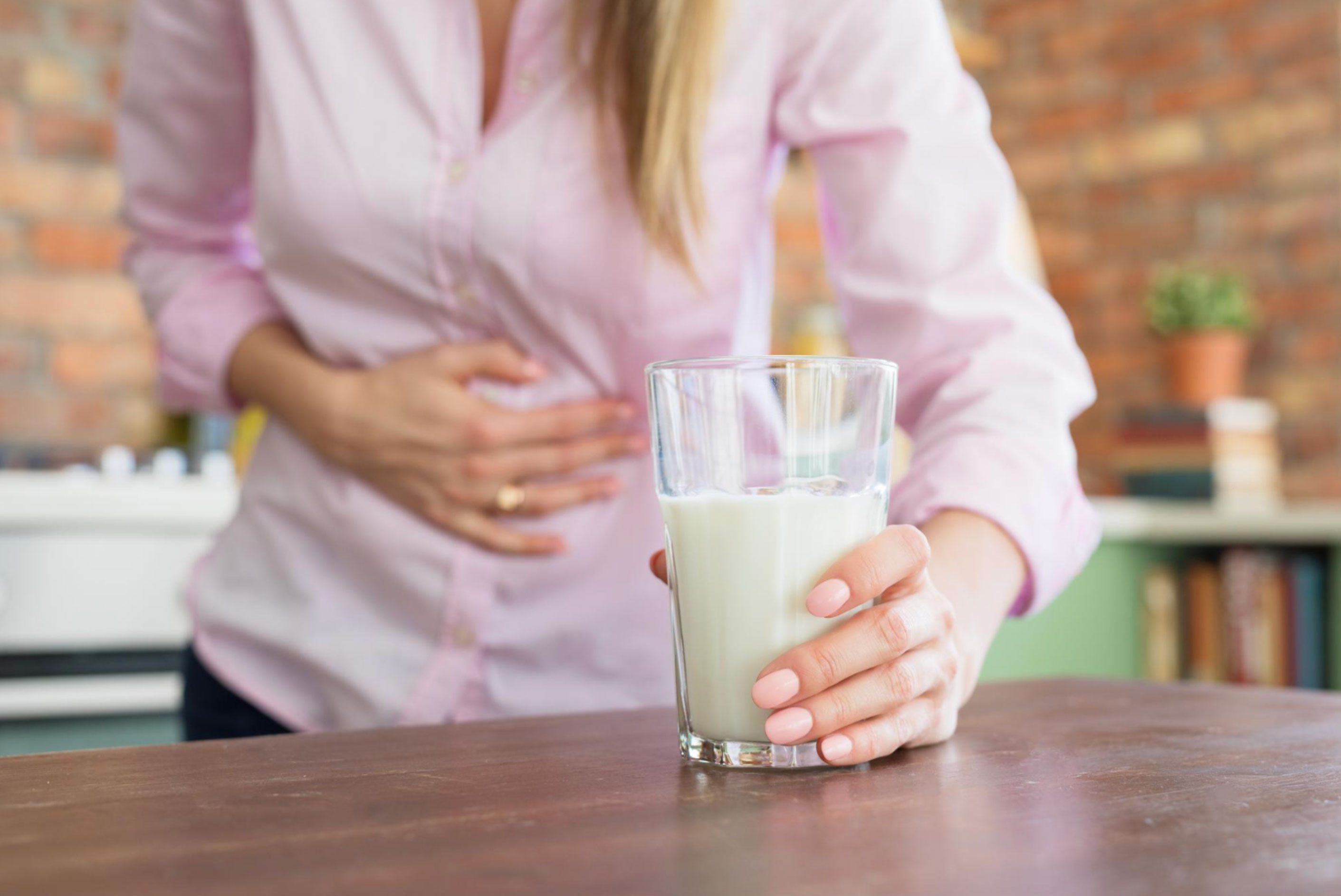
Although milk can be soothing initially, it can also worsen symptoms depending on the type and amount consumed. Whole milk and chocolate milk contain higher fat levels, which may increase acid production and cause heartburn to return more aggressively. For people with lactose intolerance, milk may also cause digestive discomfort, including bloating and increased reflux symptoms.
Scientific Perspective: Research On Milk And Acid Reflux

Scientific research offers limited evidence to support milk as a reliable heartburn remedy. Some studies suggest that low-fat dairy may help neutralize acid, while others highlight the potential for high-fat milk to irritate the stomach lining. Because results vary based on individual responses and milk types, more research is needed to establish a concrete answer to the question: Does Milk Help Heartburn?
Lifestyle Approaches That Complement Milk Use
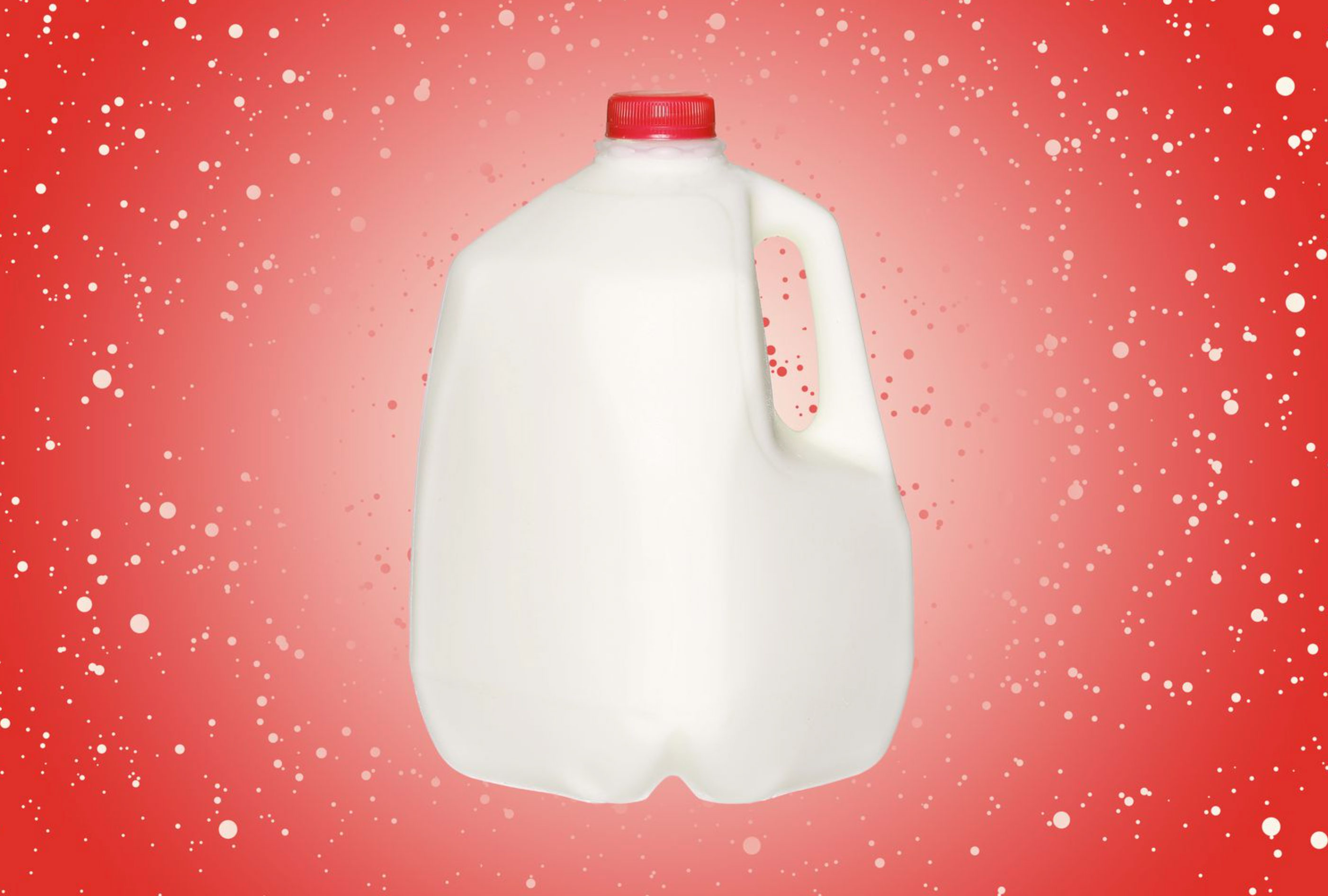
If you're trying to use milk as a remedy for heartburn, incorporating lifestyle changes can improve its effectiveness. Eating smaller meals, avoiding acidic and fatty foods, staying upright after meals, and reducing stress levels are all important strategies. Combining these habits with low-fat milk or plant-based alternatives may offer more significant and lasting relief.
Alternatives To Milk for Heartburn Relief
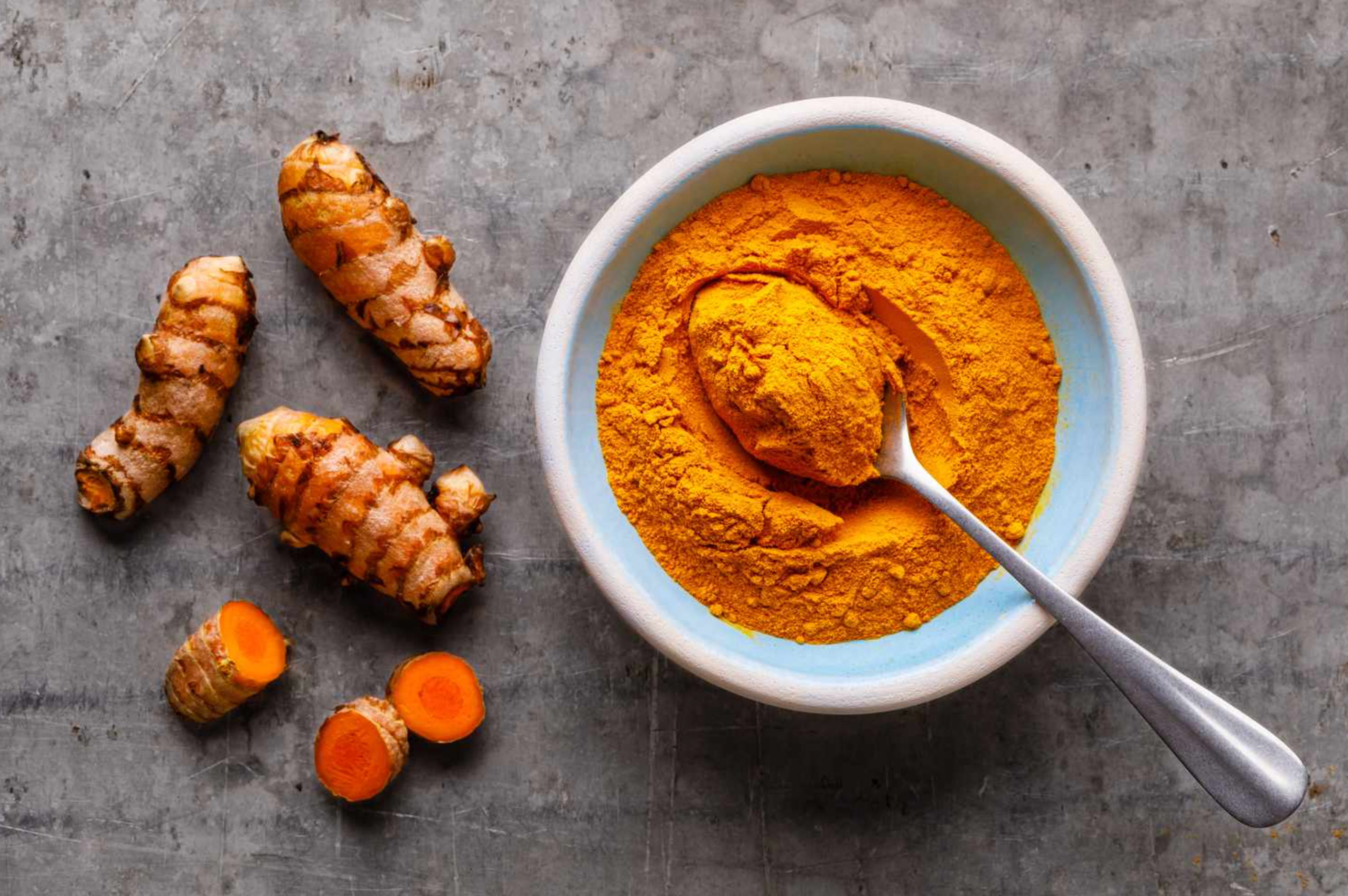
In addition to milk, several other home remedies may help ease heartburn symptoms. Herbal teas like ginger or chamomile, baking soda in water, aloe vera juice, and non-citrus fruits can all provide natural relief. If heartburn persists, it's crucial to consult a healthcare provider for a more tailored approach and consider using over-the-counter or prescription medications when necessary.
So, does milk help heartburn? The answer depends largely on the type of milk and the individual. While low-fat or plant-based milks may offer temporary relief, whole milk could potentially worsen the symptoms. Milk can be part of a broader strategy to manage heartburn, but it's not a standalone cure. If you experience frequent or severe heartburn, it’s best to consult a healthcare provider to explore more effective and long-term treatment options.

